INCONVENIENCE
Everything that appears self-evident and normal today once came into being. COMPASSION AND INCONVENIENCE questions the artistic field by historicising it and suggests a different context of origin than those usually considered. Specifically, the essay performance video looks at the first public exhibitions of contemporary art in mid-18th century London, as well as the episodes and circumstances leading up to them. Historical texts are recited by a cast whose speaking positions differ from those of the sources' authors. By using performance as a means of repetition with a difference, the work addresses the complex legacy positions produced by art’s institutionalised structures.
Based on meticulous archival research, the piece traces prevailing conceptions of art to their ideological and material interconnectedness with ideas from Liberalism and the Scottish Enlightenment as well as with British colonialism. An oft-overlooked care facility for “deserted young children” is set as the genesis for the establishment of European art institutions, in which private economic and colonial interests intersect with notions of benevolence and the pursuit of refinement. Accompanying conflicts and discourses show how a rhetoric of democratisation along with simultaneous efforts at class distinction marked the art field from early on. The work reconstructs, for example, how artists at the time invented the exhibition entry fee to shut out those who, in their eyes, lacked the ability to judge art. In doing so, it implicitly raises questions not only about the continuities of institutionalised exclusions and forms of violence, but also about the ways in which artists’ self-conceptions are enmeshed in them.
At the centre of the 30-minute video work are five performers in colour-blocked costumes who recite texts compiled from the 18th century British philosophy and theology surrounding these first public art exhibitions, as well as from the minute books chronicling the concrete decision-making processes which lay behind them. Concepts that were proclaimed to be universal are tied back to their local socio-political context, through which notions of taste and charity become apparent as prerequisites for the proclamation of racial supremacy and class domination. The performers – none of whom are white men or come from privileged class backgrounds – do not impersonate historical figures such as Adam Smith or David Hume, but rather confront their texts as well as the perspectives conveyed in them, oscillating between subversion and implication. These performative efforts negotiate the double binds that exist within present structures of art, whose institutionalised core is cast from constellations of dominance and imaginings of superiority.
Vika Kirchenbauer’s most extensive project to date foregrounds a recurring emphasis on compassion in its 18th century sources, a sentiment considered to morally ennoble those capable of feeling it. The misery of others came to be seen not necessarily as a circumstance to be remedied, but as an opportunity to feel superior moral sentiments – a constellation in which art played an important role. But, as it turns out, the compassionate subject quickly becomes inconvenienced when those inspiring such noble emotions leave their designated position. As the work shows, inconvenience is complained of by an emergent artistic elite as soon as the rhetorically addressed “publick” actually shows up and expresses an opinion. Contrary to the widespread assumption that fine art is simply not of interest to all social classes, it becomes evident that initially there existed, in fact, a strong interest across classes. Concrete measures were then taken, however, to restrict access and keep the poor away from art, at the very same time as knowledge about art was becoming established as a social currency.
CREDITS
Performers – Laurie Young, Mmakgosi Kgabi, Olympia Bukkakis, Leah Marojević, Lauren John Joseph
Cinematography – Rita Macedo
Sound Recording & Mix – Azadeh Zandieh
Costume – Jay Barry Matthews
Costume Assistant – Alexis Mersmann
Make-up & Styling – Sarah Hartgens
Artistic & Research Adviser – Judith Sieber
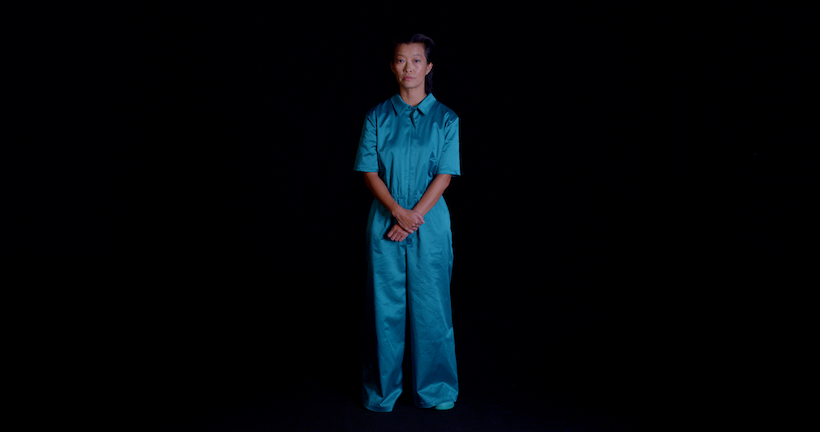
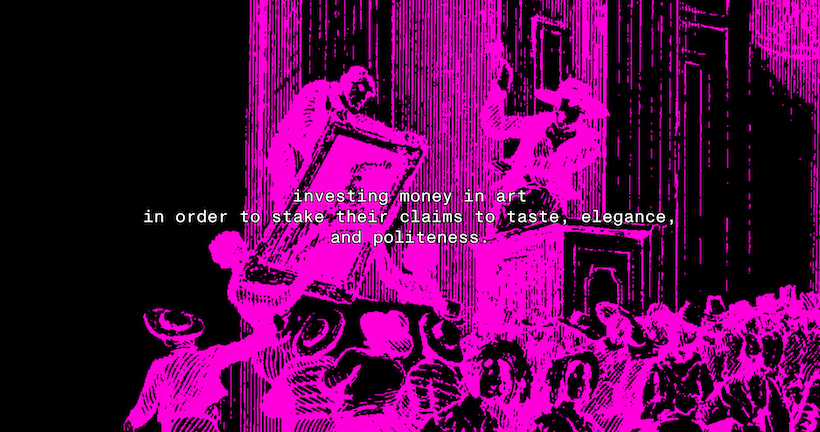
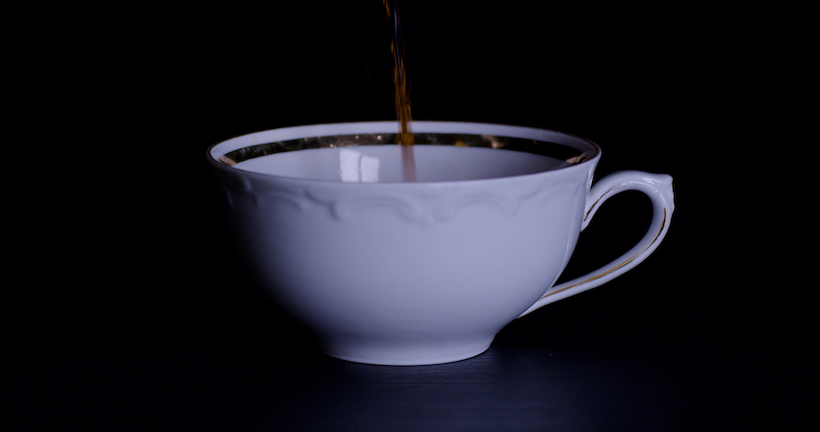
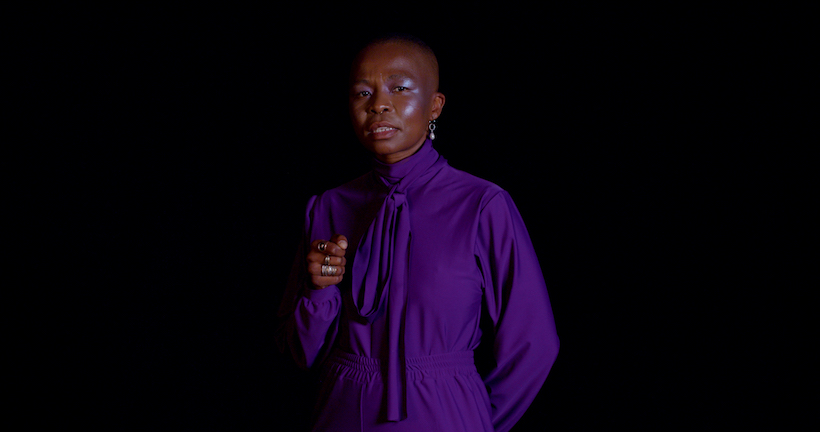
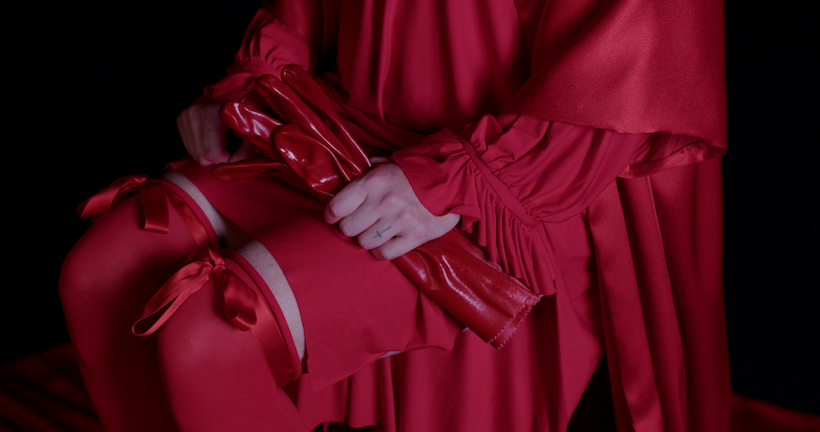
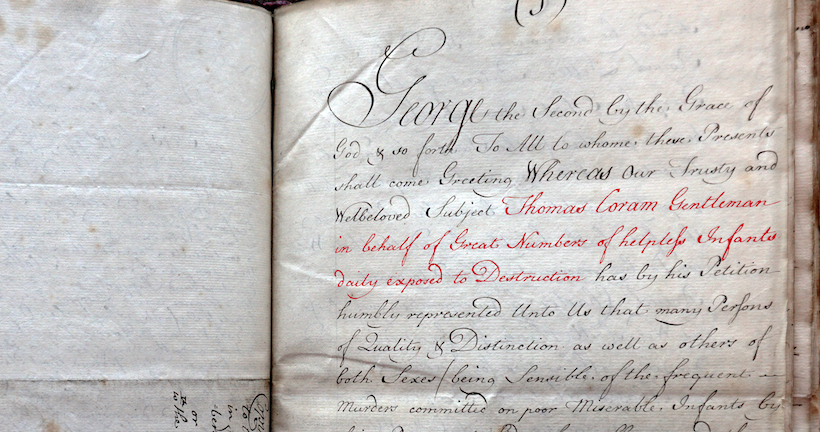
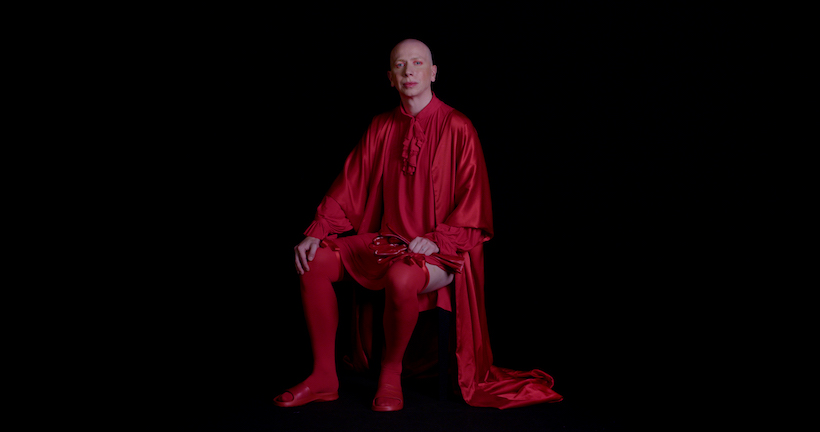
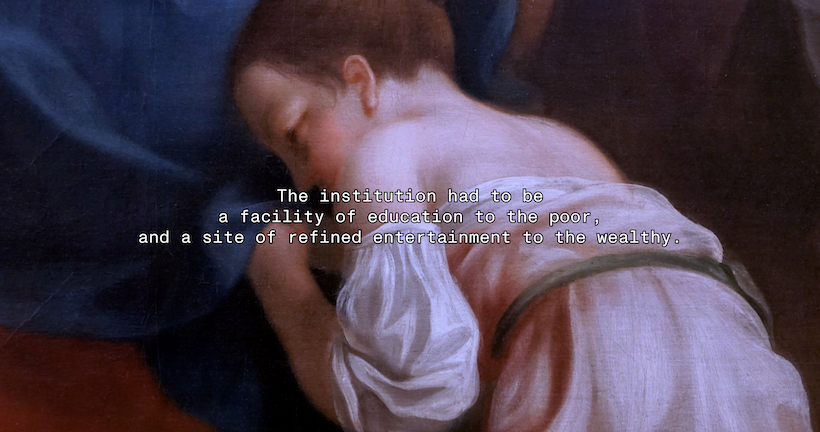
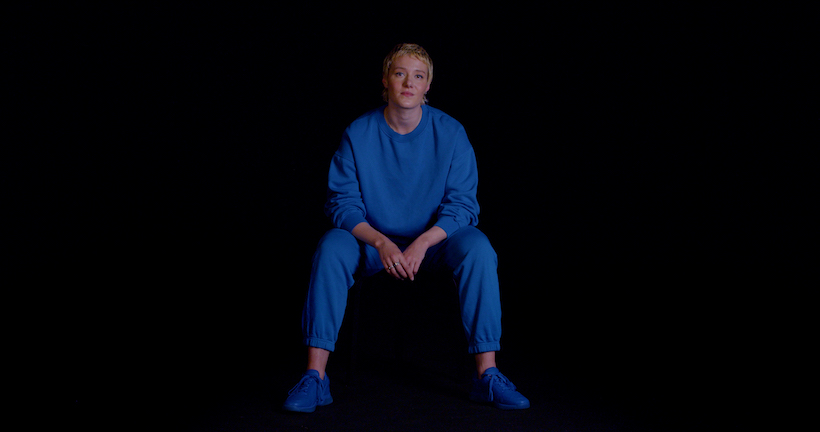
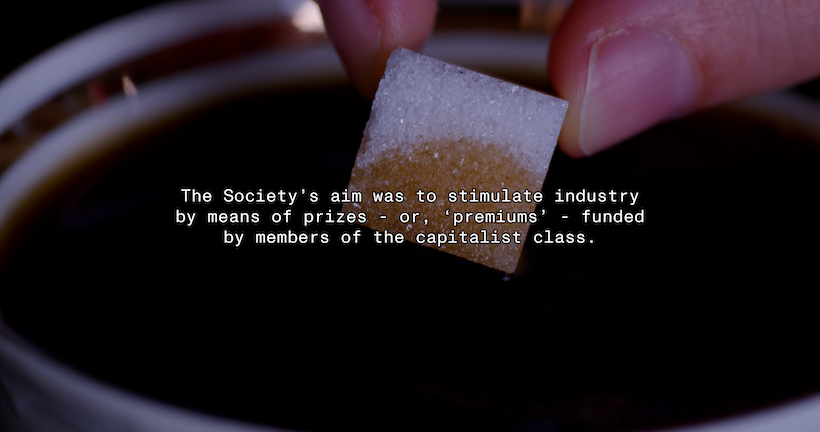 video stills from COMPASSION AND INCONVENIENCE
video stills from COMPASSION AND INCONVENIENCE